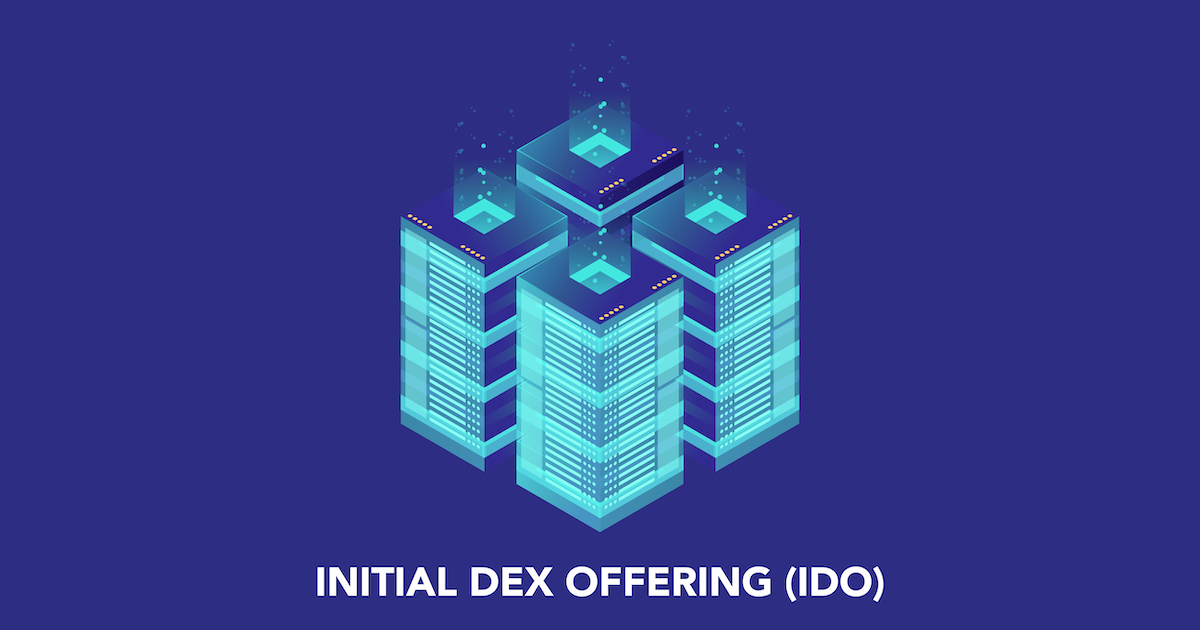An Introduction to Initial DEX Offerings (IDOs): A Beginner's Manual for Launching Your Cryptocurrency on Decentralized Exchanges

Page Contents
- Introduction
- What is an Initial DEX Offering?
- How do Crypto IDOs Work?
- How to Launch an IDO
- Differences and Similarities between ICOs and IDOs
- Conclusion
Introduction
The maturation of the cryptocurrency industry has spurred the emergence of various fundraising approaches, including the Initial DEX Offering (IDO). While the initial coin offering (ICO) gained popularity in 2017, it also faced significant challenges, leading to the development of alternative models like IDOs.
What is an Initial DEX Offering?
An IDO is a fundraising approach that pools investment capital from retail investors through decentralized exchanges (DEXs), aiming to address the shortcomings of traditional ICOs. Unlike ICOs, which lacked control mechanisms and investor protections, IDOs operate within the decentralized finance (DeFi) ecosystem, offering a more transparent and accessible crowdfunding model.
How do Crypto IDOs Work?
IDOs leverage DEXs to provide immediate token liquidity, rewarding liquidity providers and implementing proof-of-stake (PoS) mechanisms to secure networks and incentivize long-term investment. Investors can participate in IDOs by purchasing tokens at discounted rates during the initial phases, with immediate trading opportunities upon launch. While IDOs offer rapid token listing and reduced barriers to entry, they also face scalability challenges compared to ICOs.
How to Launch an IDO
Launching an IDO involves devising a business strategy, creating marketing collateral such as websites and white papers, and collaborating with DEX launchpads for approval. Users can create their cryptocurrencies with accessible tools like CoinTool, facilitating token generation and distribution. Upon completion, tokens are listed for trading via automated market makers (AMMs) like Sushiswap or PancakeSwap, allowing for immediate fundraising.
Differences and Similarities between ICOs and IDOs
Unlike ICOs, which require intermediary fees and centralized exchange approval, IDOs offer decentralized, fair, and instantly tradable tokens without lockup periods or insider favoritism. While IDOs mitigate risks associated with centralized control, they still face challenges such as price manipulation by bots and smart contract vulnerabilities. Despite these drawbacks, IDOs provide a more accessible and equitable fundraising avenue for innovative projects.
Conclusion
IDOs represent a significant evolution in crypto fundraising, offering a decentralized and accessible alternative to traditional ICOs. While facing scalability and security challenges, IDOs contribute to the democratization of investment opportunities and the proliferation of innovative projects within the DeFi ecosystem.
 Compad
Compad